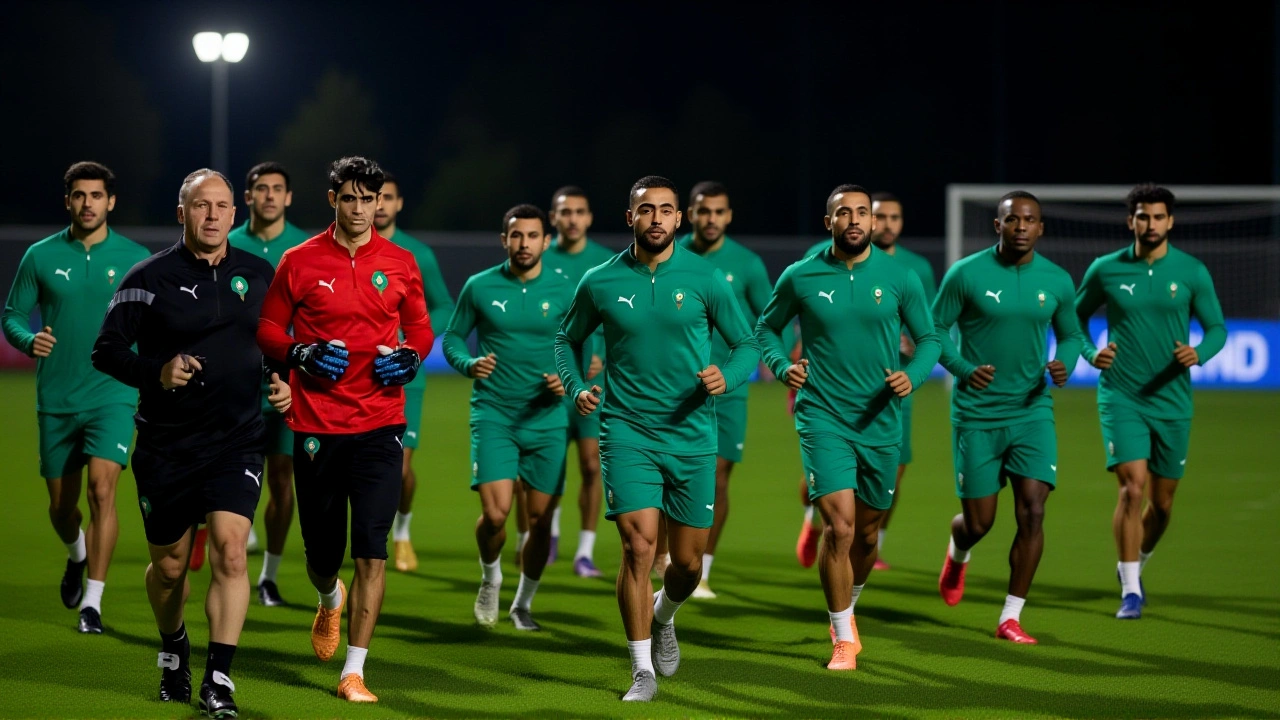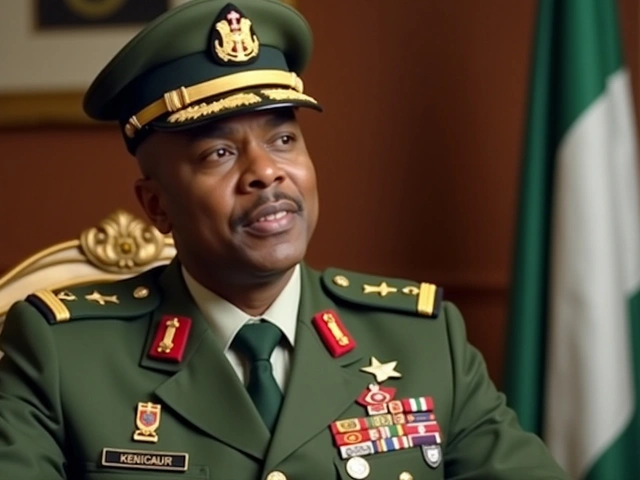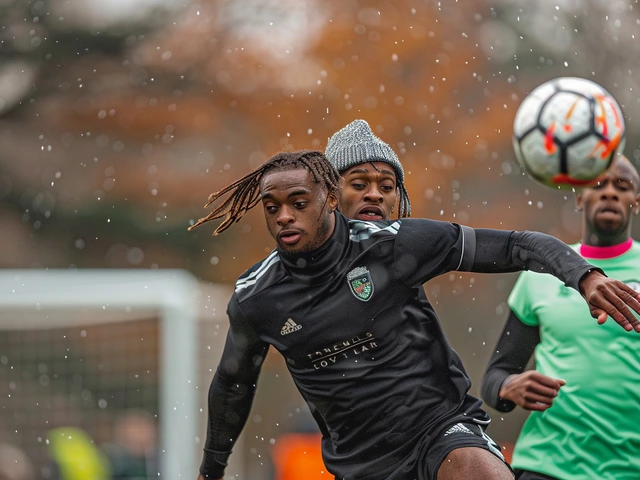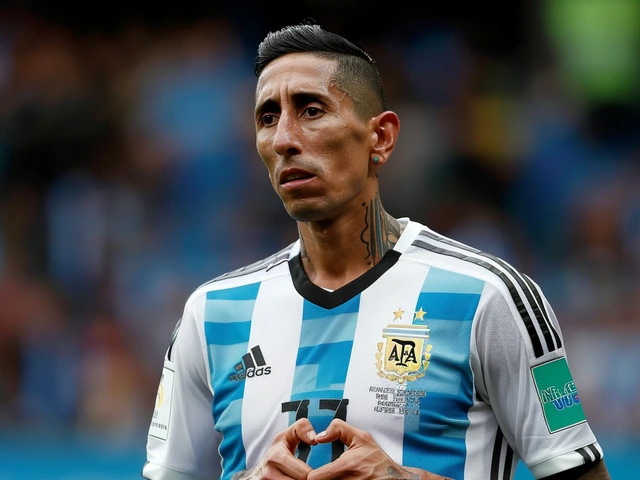Tangier: North Africa's Historic Port City and Cultural Crossroads
When you think of Tangier, a strategic port city at the mouth of the Mediterranean where Africa meets Europe. Also known as Tanger, it has long been a melting pot of languages, empires, and ideas. This isn’t just another Moroccan city—it’s where Spanish, French, Arabic, and English have collided for centuries, where spies once met in cafés, and where writers like Paul Bowles found inspiration in its chaotic charm.
Tangier’s location makes it a natural hub for movement—of people, goods, and ideas. It’s connected to Spain by ferry, sits near key shipping lanes, and has historically served as a diplomatic safe zone. During the Cold War, it was a neutral territory where intelligence agencies operated openly. Today, it’s still a place where African trade routes meet European markets, and where young Moroccans blend global music with local rhythms. The city’s identity isn’t fixed—it’s always shifting, shaped by who’s passing through and who’s staying.
While the posts here don’t all mention Tangier directly, they reflect the same energy: political tension in North Africa, cultural shifts in sports and media, and the quiet power of local voices pushing back against corruption or control. You’ll find stories about African leaders, court battles, and grassroots movements—all of which echo the same forces that have defined Tangier for generations. Whether it’s a player like Sam Curran fighting through rain delays or a leader like María Corina Machado standing up to dictatorship, the same themes of resilience and change run through them all.
What you’ll see below isn’t just a list of articles—it’s a collection of real moments from across Africa, where history, power, and daily life collide. Some are loud, some are quiet, but all of them connect to the same world Tangier has always belonged to: one where borders are porous, stories are complex, and truth is never simple.

Atlas Lions Train in Maâmora Ahead of Sold-Out Mozambique Friendly in Tangier
The Atlas Lions, under coach Walid Regragui, held a closed training camp in Maâmora ahead of a sold-out friendly against Mozambique in Tangier on November 14, 2025, as part of preparations for the Africa Cup of Nations Morocco 2025.
Categories
- Sports (146)
- Politics (22)
- Entertainment (20)
- World (15)
- News (10)
- Lifestyle (8)
- Business (6)
- Technology (3)
- Health (3)
- Environment (2)
Popular Articles



